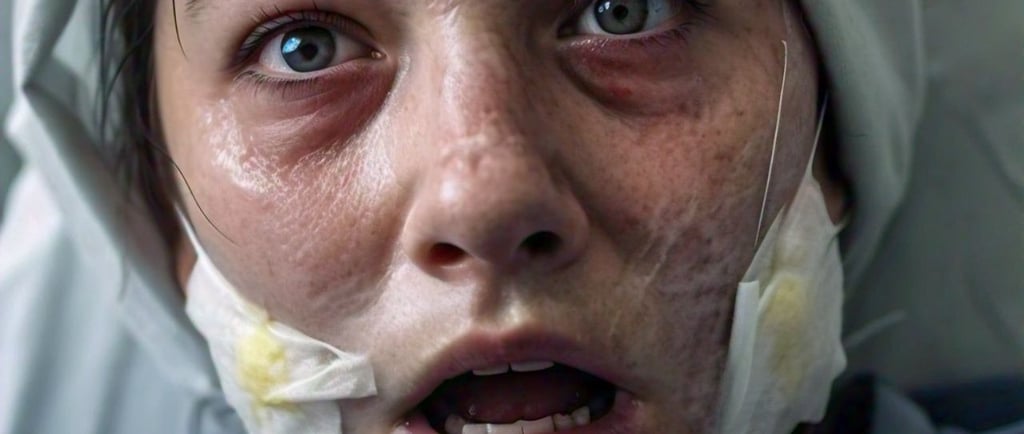Understanding Diphtheria: Symptoms, Causes, and Prevention
"Diphtheria Alert: Know the Risks, Recognize the Signs, and Take Action" Stay informed about the rising cases of diphtheria worldwide. Discover the importance of vaccination, symptoms to watch out for, and how to protect yourself and your community.
HEALTH EDUCATION
Dr Qazi Fahim Shezad ( MD, DMRD, MSc , M.Phil Fellow)
10/13/20242 min read


Diphtheria is a serious bacterial infection that affects the respiratory system ( specially upper respiratory ) , primarily impacting children under the age of five years. Its preventable by using vaccines, diphtheria remains a significant public health concern all around the world, particularly in areas with low vaccination rates ( Pakistan also included)
In this blog, we'll learn the symptoms, causes, and prevention measures for diphtheria.
Diphtheria is a contagious( communicable ) bacterial infection caused by a bacteria Corynebacterium diphtheriae. This bacteria produce a toxin which damages the respiratory system, leading to severe complications.
Symptoms of Diphtheria:
Early symptoms may include, Sore throat, Fever, Chills, Hoarseness, Difficulty swallowing, Coughing
As the infection progresses, sign and symptoms may worsen, leading to Grayish membrane covering of the tonsils, mouth and throat , Cardiac complications, Nerve damage, Respiratory failure.
Causes of Diphtheria:
Bacterial transmission: Diphtheria spreads through droplets ( coughing and sneezing) , contaminated food, and drinks.
Unvaccinated individuals are also at high risk.
Bed and poor hygiene specially inadequate handwashing and improper sanitation may cause.
Prevention Strategies:
1. Vaccination: Receive the diphtheria toxoid vaccine (DTaP) as part of routine childhood immunizations.
2. Boosters: Adults should receive booster shots of vaccine every 10 years.
3. Good hygiene: Must practice frequent handwashing and proper sanitation.
4. Isolation: Isolate infected individuals to prevent transmission.
Treatment and Complications:
Treatment involves antibiotics to eliminate the bacteria, Antitoxin to neutralize the toxin, Supportive care Hospitalization may be necessary ( for treatment you should consult with nearest hospital )
If diphtheria left untreated it can lead to more severe complications which may includes, Respiratory failure, Cardiac arrest, Nerve damage, and Death.
Conclusion:
Diphtheria is a preventable disease, yet it remains a threat due to vaccination gaps and poor hygiene. By understanding the symptoms, causes, and prevention strategies, we can protect ourselves and our communities.
If you want to consult directly with use , contact us on WhatsApp.
*Call to Action:*
Stay protected:
- Ensure timely vaccinations
- Practice good hygiene
- Stay informed
Share this vital information with your loved ones to prevent the spread of diphtheria.
*Resources:*
- World Health Organization (WHO)
- Centers for Disease Control and Prevention (CDC)
- National Institute of Allergy and Infectious Diseases (NIAID
